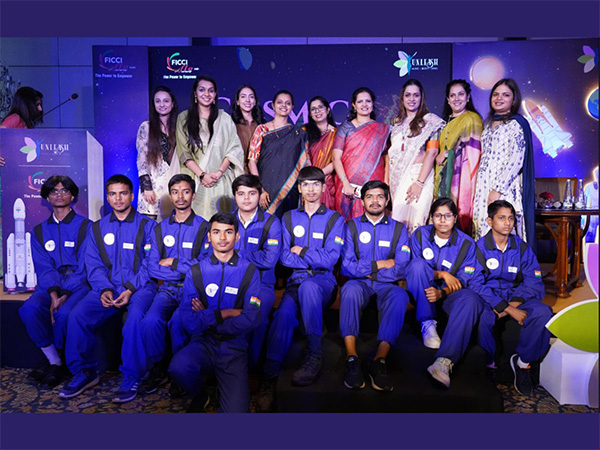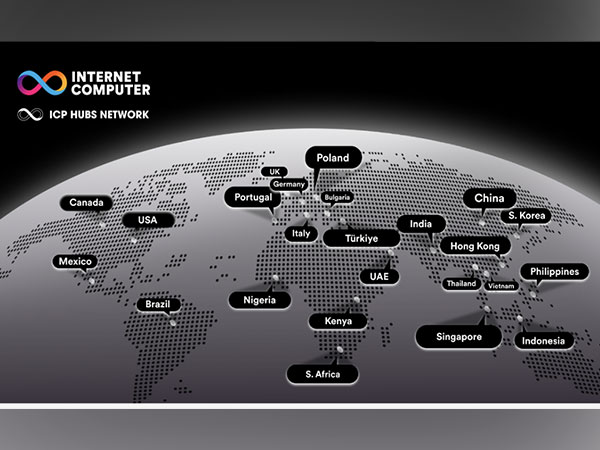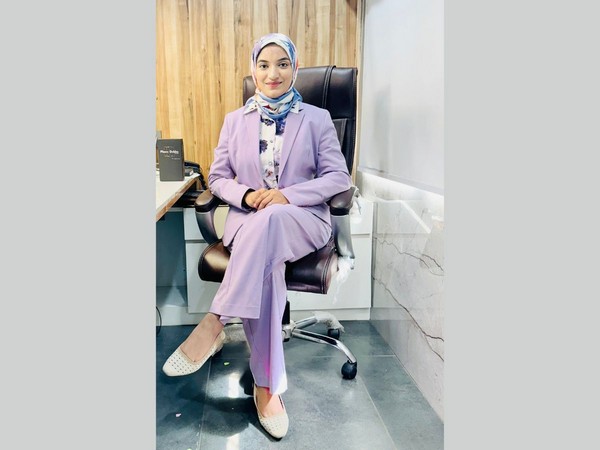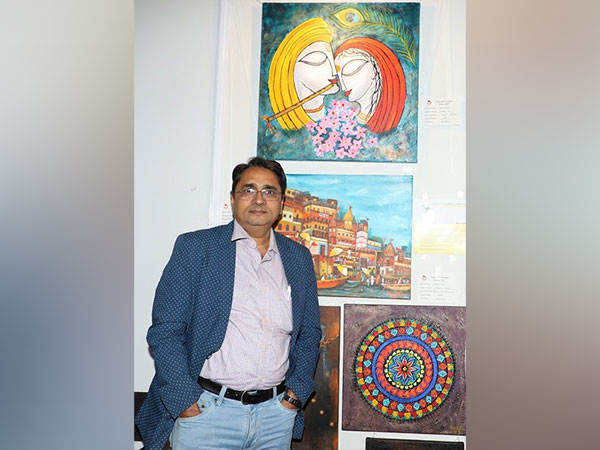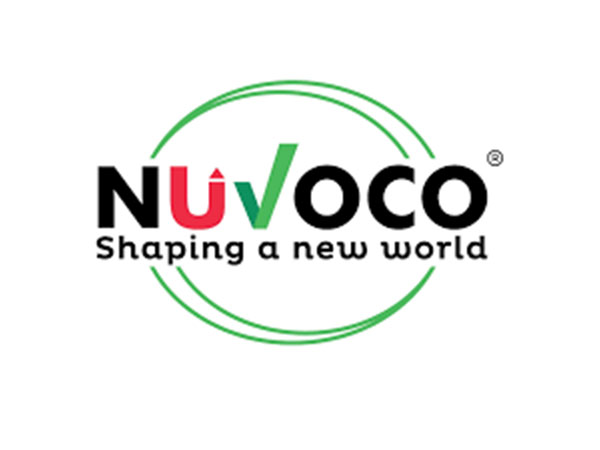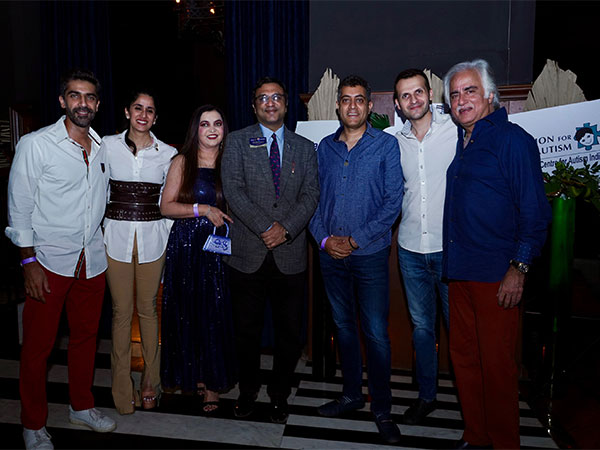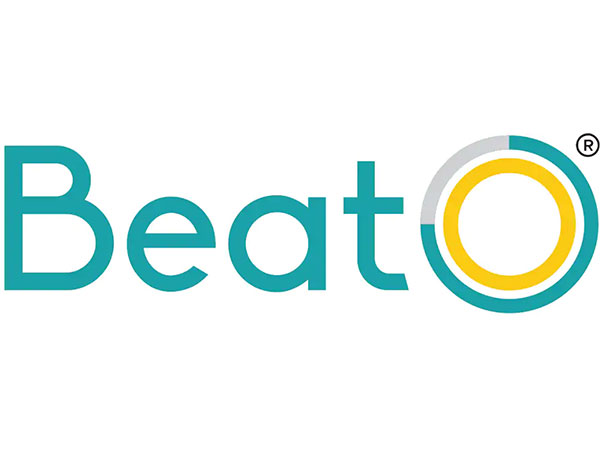
BeatO Diabetes Care Program Reduced HbA1c by more than 2 per cent points in 3 months - Clinical Study Reveals
Aug 31, 2023
VMPL
New Delhi [India], August 31: In an effort to reduce complications and average HbA1c levels for people with diabetes, BeatO, a comprehensive digital platform for controlling and managing diabetes studied the impact of its proprietary Diabetes Care Program. This program has been subjected to clinical studies and its results were accepted by the top medical international journal and published in Diabetes, a journal of the American Diabetes Association® (ADA) in June 2023. The study showed a reduction of 2.16% (p < 0.0001) of HbA1c (average blood glucose level for the last 3 months) in the people with diabetes who participated in the study.
The results generated by the Diabetes Care Program by BeatO became more important in present times when the average HbA1c levels of people with diabetes in India are found to be as high as 8.5%. HbA1c or glycated hemoglobin is the average blood glucose (sugar) level of the last three months. For people with diabetes, the recommended HbA1c level is 6.5% or below. A high HbA1c means that the individual has too much sugar in the blood and is more likely to develop diabetes complications, like serious problems with the heart, kidneys, eyes, and feet.
The study was conducted on 721 participants who were enrolled in the BeatO Diabetes Care Program. The mean age of the participants was 47.5 years, and the majority (80.8%) were males. Type 2 Diabetes was present in 696, Type 1 Diabetes Mellitus (11), Latent Autoimmune Diabetes of Adults-LADA) (9), Prediabetes (3) and Gestational Diabetes Mellitus (2).
Throughout the study, participants received remote access to health experts for diabetes education, nutritional guidance, and doctor consultations over a period of 3 months of study through the app. The parameters like Fasting blood glucose (FBG), Pre & post-prandial blood sugar (PPBG ), HbA1c (average blood sugar), Lipid Profile, and weight were recorded at baseline and after 3 months.
Gautam Chopra, CEO & Founder, BeatO said: “The implementation of digital technology in diabetes care can help in increasing access and awareness of diabetes care and achieving glycemic targets. Our recent study demonstrates the efficacy of digital diabetes care and how it can help people with diabetes live a better, healthier, and happier life. It highlights that the lack of knowledge about self-management coupled with sparse access to healthcare facilities emerged as the major reasons for uncontrolled diabetes.”
With continuous monitoring and regular checks, a positive change in blood glucose control was observed, with a mean decrease in FBG by 38 mg/dL (p < 0.0001), PPBG by 37 mg/dL (p <0.0001) and HbA1c reduced by 2.16% (p < 0.0001) at the end of 3 months. A significant weight loss of about 1.8 kg (p = 0.01) was also observed in the majority of the participants.
Dr Navneet Agrawal, Chief Clinical Officer, BeatO said: “The results of this study will help us revolutionize the availability of expert-driven diabetes care in every part of the country with the help of new technologies, improvements in diabetes care's efficacy, and a combination of intent and expertise to solve the national epidemic. Diabetes is a very difficult condition that necessitates regular checkups, careful nutrition, constant monitoring, fitness training, and many other things. These findings may encourage additional research on India's diabetes management and control. This represents a methodical and significant development in diabetes care.”
Studies have shown that each 1% reduction of HbA1c was associated with reduction in risk by 21% for any end point related to diabetes such as complications to kidneys, eyes, heart and foot amputations.
As per BeatO, irregular monitoring, out of pocket costs and limited access to specialized healthcare services are the major factors for uncontrolled diabetes in India. This is supported by the Indian Council of Medical Research (ICMR) study published in The Lancet Diabetes and Endocrinology, which states only 36.9% of people with diabetes on insulin performed any self-monitoring of blood glucose. The study also highlighted that only 16.7% of the population is using blood glucose monitor devices at regular intervals.
Today with the support of experts and constant and comprehensive care from digital solutions a significant change is possible for people with diabetes to control and manage their sugar levels better.
BeatO is a digital app-based platform that provides clinically proven, comprehensive diabetes care programs to prevent, control & reverse diabetes under the guidance of experts. The results of these programs have been published by top institutions such as the American Diabetes Association (ADA) & International Diabetes Federation (IDF). BeatO’s ecosystem includes its innovative smartphone-connected glucometers that work in unison with the BeatO app and an experienced team of experts - health coaches, nutritionists and top doctors. BeatO's AI powered app provides personalized insights & real-time, data-driven care via its experts. BeatO also provides a complete one-stop solution for all daily diabetes essentials such as medicines, lab tests, diabetes friendly foods & products.
Below are the data source links for your kind reference:
1. https://www.who.int/india/health-topics/mobile-technology-for-preventing-ncds#:~:text=In%20India%2C%20there%20are%20estimated,developing%20diabetes%20in%20near%20future
2. https://diabetesjournals.org/diabetes/article/72/Supplement_1/1826-PUB/149445/1826-PUB-Efficacy-of-Digital-Diabetes-Care-Program
3. https://www.thelancet.com/pdfs/journals/landia/PIIS2213-8587(23)00119-5.pdf
4. https://www.dtu.ox.ac.uk/ukpds/#:~:text=The%20UK%20Prospective%20Diabetes%20Study,newly%20diagnosed%20type%202%20diabetes
(Disclaimer: The above press release has been provided by VMPL. ANI will not be responsible in any way for the content of the same)
